Recently I watched an interview with Bishop Peter Storey, the former president of the Methodist Church of South Africa. Bishop Storey, who is white, lived under South Africa’s brutal system of apartheid. He worked closely with Bishop Desmond Tutu and others to dismantle apartheid. He was also involved in the hard work of reconciliation that eventually transformed South Africa into a democracy.
The interview, held in Raleigh, NC, was conducted by journalist John Drescher who is a former student of mine. I have featured John on this blog before (see May 29, 2022: Hall of Fame Speech that Inspires Hope.) Today I will share some of Bishop Storey’s comments that really spoke to me. The topic of racism is very important for us now. First, February is Black History month in our country. Second, we can learn much from Bishop Storey’s vast experience (he’s now 84) that can help and inspire us do the hard work of dismantling our own racist attitudes and systems.
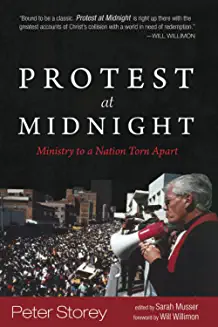
John asked the Bishop why he entitled his memoir Protest at Midnight? Bishop Storey said the phrase is from a poem by a Jesuit Indian priest, Samuel Rayan, who wrote, “A candle-light is a protest at midnight.” The candle says to the darkness that surrounds it, “I beg to differ.” Apartheid was overtly racist: residential areas were designated by race, most social contact among people of different races was forbidden, all non-whites had to carry identification papers at all times, and they were denied many kinds of jobs. During this time, many churches protested apartheid by placing on their altars a candle with barbed wire around it. The barbed wire symbolized the violent police state they were living in. The candle was their belief that all people were created equal and were children of one God.
As a young minister in 1962, Storey was assigned as chaplain to the notorious maximum security prison on Robben Island where Mandela and other political prisoners were held. Mandela was serving a life sentence. (He served 27 years of his sentence!) John asked, “Where did Mandela, you, and so many others get the courage to go up against the powerful South African government?” Storey said, “Maybe it’s not so much about courage as it is about love.” What motivated Jesus was his deep, deep love for people—especially those living on the margins. If we are filled with love and compassion for the marginalized of our day, we will find the courage to work for their good. “Perfect love casts out fear.”
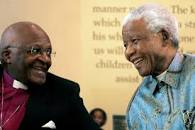
How was it possible, John asked, that Mandela, Tutu, and other leaders did not seek revenge on their opponents once they won the struggle for freedom? Said Storey, “Winning isn’t everything.” Winning an election, for example, isn’t everything because your opponent is still there—perhaps plotting revenge against you. The real work is reconciliation, that is, to find ways to make your opponent your friend. (I recalled Abraham Lincoln who chose several of his fiercest opponents to be members of his cabinet! See Goodwin’s book, Team of Rivals.) At his presidential inauguration, Mandela personally invited three of his prison guards. He said to them in Afrikaans, their language: “Wat is verby, is verby. What is past, is past.”
What qualities should we demand of our leaders? Said Storey, “Far-sighted magnanimity and integrity.” He reminded the audience that Jesus spent only 2% of his ministry in Church. The rest of his time was spent on the streets. Too often, he said, our Churches focus on things like attendance and fund raising. Instead we must follow Jesus’ example and focus most of our time and energy engaging with the outside world.
Storey highlighted the importance of education. Many of the Black leaders fighting apartheid were educated in the multi-racial Methodist mission schools. The apartheid government did not like these schools because they “produced people who had dignity and a sense of their rights”—rooted in the belief that they were “made in the image of God.”
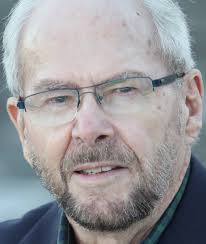
Storey believes that Christians are engaged in two journeys: the inward journey and the outward journey. The inward journey is our “soul work” which we do by prayer, worship, study, and sharing faith with others. The outward journey is the compassionate work we do for others mostly beyond our congregations. There’s no way to sustain the outward work without nourishing the inward work.
Other comments: “As a white person, I can only touch the fringe of Black pain.”… “Christians should have hope as they work for greater justice. After all, we know how the story ends.”… Bishop Storey said something like this: When South Africa was in profound turmoil fighting against apartheid, he and other leaders came to the US to ask Congress to support their work to end apartheid—especially by boycotts and other means. Members of Congress on both sides of the aisle agreed to help. In fact, most of the countries in the world supported their pro-democracy movement. Storey said he is speaking now in the US as a way of thanking our country for our help in ending apartheid in South Africa. It is his way of supporting us in our efforts to secure greater freedom and justice for all in our country today.

For reflection:
Did anything stand out for you in today’s reflection? If so, what?
Storey says we need leaders with “far-sighted magnanimity and integrity.” Can you name any elected officials—current or past—who possessed these qualities?
What are some of the ways your parish or church congregation reaches out to those in need?
What are some ways you try to balance your work on your inward journey with your work on your outward journey?
After writing this reflection, I learned there were restrictions on the video of John’s interview with Bishop Storey, so I could not embed it on my blog. But if you click learn more below, the video comes up. (At least it did for me.)
You you can also get John’s article based on his interview. Just click Home below. Then click issues. Then click culture and scroll down to A Minister’s Protest at Midnight:
Home
I chose the song “We Shall Overcome” for our prayer today. It was the “anthem” of the Civil Rights Movement in our country, especially in the 1960’s. Written by Pete Seeger, the song has been recorded by scores of singers and groups. Here are three versions. Pick the one you want—or listen to all three throughout the week:
Bruce Springsteen:
Joan Baez singing at the White House during the Obama administration:
The Morehouse College Glee Club: (Morehouse is a private traditionally Black men’s college in Atlanta, GA. One of its most famous alumnus is Martin Luther King Jr.)
I invite you to comment on anything in this blog today. Other readers and I LOVE hearing from you!

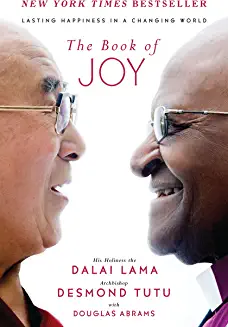

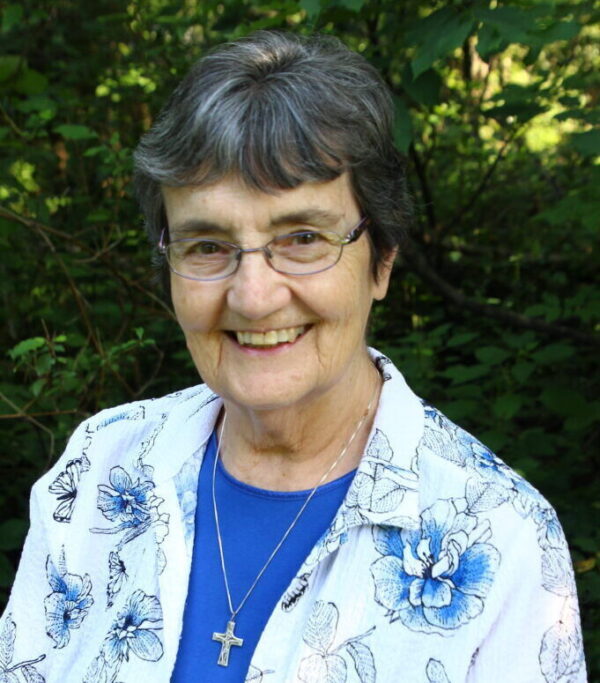

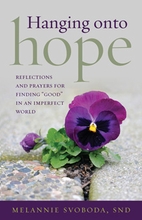

6 Responses
Good morning, Sr. Melannie…
What an amazing bishop! Has the Catholic Church ever canonized someone outside the faith? If not, then Bishop Peter Storey would be a perfect “first one.” (but not yet, of course…he’s still among the living!) “Far-sighted magnanimity and integrity.” Now that’s something to teach, to strive for, to live! God bless that man!
John,
It sounds as if you were as impressed by Bishop Storey as I was! And that phrase “far-sighted magnanimity” really jumped out for me too. Thanks for calling it to our attention. Yes, it i something to strive for and live! Melannie
Sister, Thank you for this deeply profound message of “love, not courage.” Certainly, it is a blessed example of transformation as fruit of sacred collaboration. May God bless you always.
And thank you, Joanne, for reading my blog and responding. I was certainly inspired by his that you point out for us. Rather than assuming that admired individuals are acting out of courage, we should dig deeper and see their incredible love. I liked the Bishop’s emphasis on Jesus’ “love, love, love.” Thank you for your words! Melannie
Bishop Storey is certainly a very gifted man of integrity, wisdom, honesty and love. His insight on how love for people brings with it what is commonly called courage struck at the core of my being. His total honesty in describing his initial motivation for accepting his ministry assignment as a young chaplain was both refreshing and delightful. Hopefully, his message will get widespread attention throughout the world, especially in the United States.
Helen, I resonated with your phrase “struck at the core of my being.” Thank you for underscoring Bishop Storey’s gifts of integrity, wisdom, honesty and love. You said it so well! Melannie